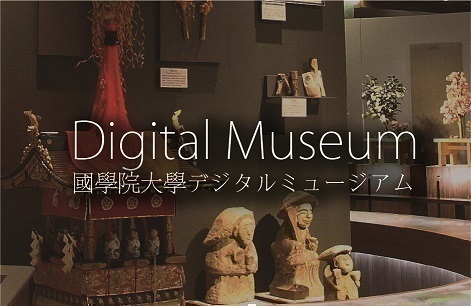- トップ
- Encyclopedia of Shinto
- Fujitani Mitsue
Encyclopedia of Shinto
| Main Menu: | |
| Links: |
詳細表示 (Complete Article)
| カテゴリー1: | 8. Schools, Groups, and Personalities |
|---|---|
| カテゴリー2: | Personalities |
| Title | Fujitani Mitsue |
| Text | (1768-1823) Scholar of the Japanese language of the late Edo period. Born in Kyoto, where he was a resident, Fujitani was the son of Fujitani Nariakira. His common names included Gengo and Sen'emon, his formal names were Narihisa, Narimoto, and Mitsue, and his epistolary names included Kitanobe, Kitano and Saniwanoya, among others. Fujitani served the Yanagawa Domain (in present-day Fukuoka Prefecture). He studied under his father Nariakira from childhood, and after his father's death received instruction from his father's elder brother Minagawa Kien and another uncle, Ogawa Sei'in. He also studied waka (Japanese poetry) with Hirohashi Kanetane and Hino Sukeki. He established his own interpretation of Shinto, based on his family traditions, that expounded upon the relation of poetry and kotodama, or the "spirit-power of words and sound." Mitsue held that if people give way to immediate expression of their thoughts and desires, they will certainly be inappropriate to the occasion. What calms that raging desire is Shinto—the way of the kami—and also the way of poetry. Japanese poetry and prose do not employ direct expressions in verse, but rather place the mind outside of speech in the form of kotodama. As a result, the act of exegesis means to grasp that kotodama. Fujitani used this theory of kotodama in his exegesis of Kojiki and other ancient works, making his theories of poetry and hermeneutics quite unusual. He died on the sixteenth day of the twelfth month of 1823 at the age of fifty-six. He was the author of Utabukuro (Collection of Poems), Hyakunin isshu tomoshibi (Illuminating One-Hundred Poems by One-Hundred Poets), Kojiki tomoshibi (Illuminating Kojiki), and Tosa nikki tomoshibi (Illuminating the Tosa Diary), among other works. - Furuso Masami |




